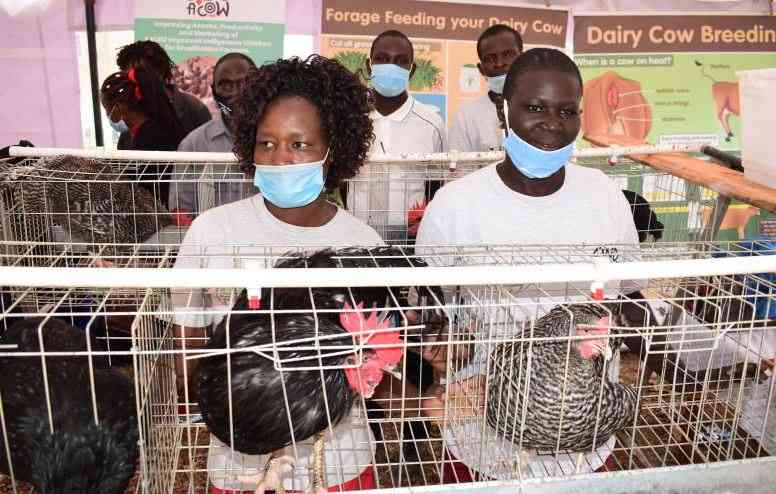×
The Standard e-Paper
Stay Informed, Even Offline

In Luhya land, chicken is highly regarded, and a homestead is not complete without the bird popularly known as Ingokho. You can often spot these popular birds roaming in most compounds.
Chicken is not only a delicacy; it is often given as a gift to visitors or sometimes slaughtered during special ceremonies.







